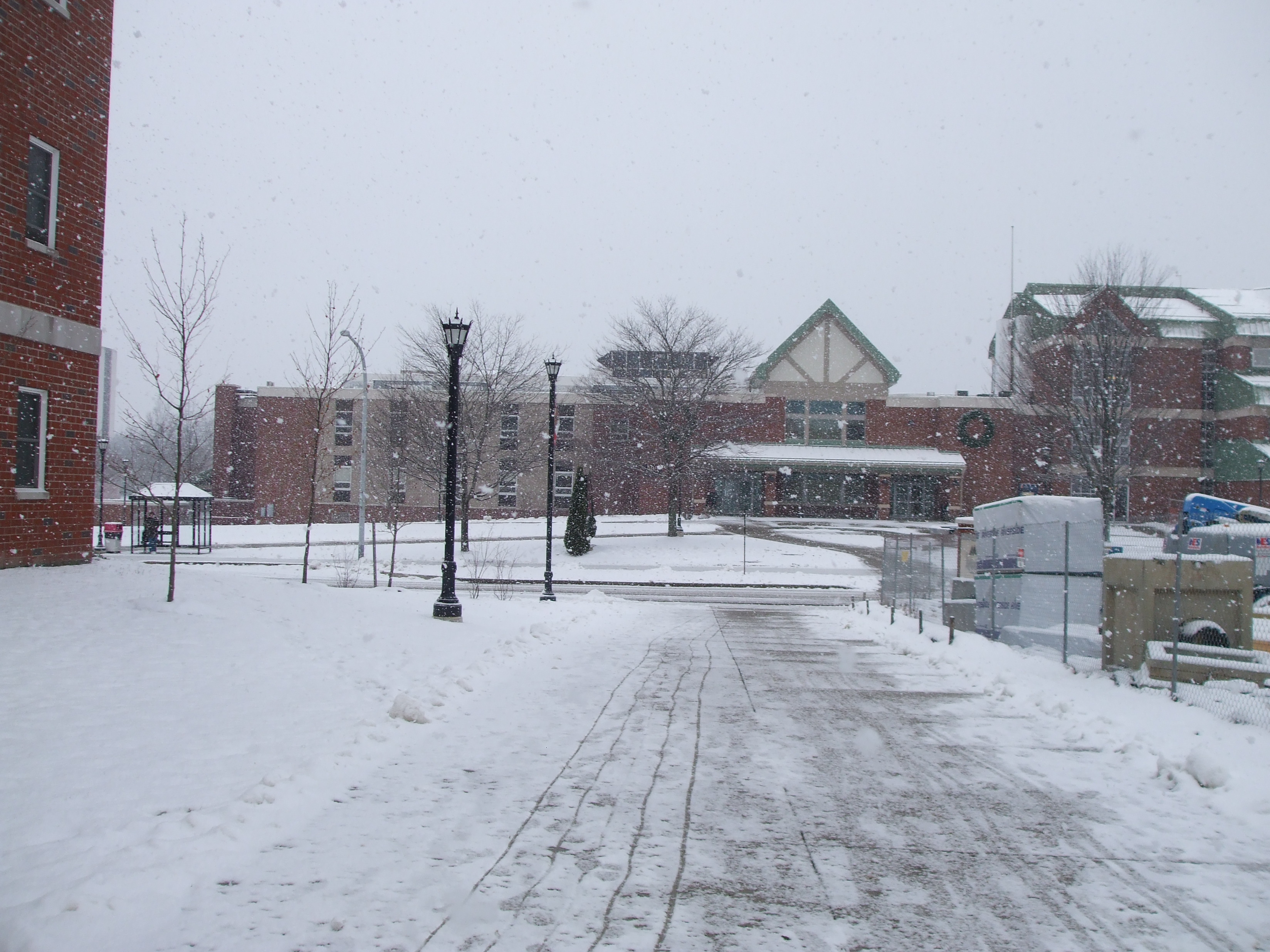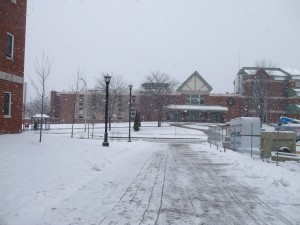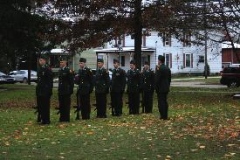Tony Peyronel, Department of Communication & Media Studies chair, has been chosen to attend and participate in the 6th annual Scripps Howard Leadership Academy being held at Louisiana State University (LSU) on June 4-7.
“I haven’t been involved in anything like this before,” said Peyronel. “There are a lot of interesting people, not just academic, but working journalists who come (to the Academy) and do panels and speak,” said Peyronel. “I’m sure that it’s a top tier and national level program. I’m excited to be a part of it.”
The selection process is nationally competitive, said Peyronel. Applications come in from all over the country and applicants were required to send in a cover letter explaining their interest in academic administration, a current biographical sketch, and two letters of reference.
More than a third of past participants now hold leadership positions at their universities, according to LSU’s website, and they have applied what they learned to each of their universities in order to create room for progress.
“I haven’t been involved in anything like this,” said Peyronel. “The Leadership Academy is funded by the Scripps Howard Foundation, a major news service, and hosted by Louisiana State University. I’m not exactly sure what to expect because this is the first specialized training type thing that I’ve done.”
Peyronel holds a bachelor’s degree in Speech Communication from Edinboro University, where he reported for The Spectator, and also has a master’s degree in Journalism and Public Affairs from American University in Washington D.C.
“That’s one of the top graduate journalism programs in the country,” said Peyronel. “I was fortunate to go there right after I graduated from Edinboro. One of the ironies is (that) Greg Luft, who chairs the journalism and technical department at Colorado State University, went to American University with me and he is the person who recommended that I check into the Academy.”
Luft had attended the Leadership Academy last year and he was the person that persuaded Peyronel to consider applying for it. Peyronel said that Luft also wrote one of the required recommendation letters needed for the application process.
Peyronel said that he then found a job as a reporter with the Kittanning (Pa.) Leader-Times and then, after a couple years, moved on to become a public relations writer at Penn State University.
In 1992, Peyronel came back to Edinboro University and was the coordinator for the former undergraduate programs in Speech Communication, broadcast journalism and print journalism, as well as advisor for the campus newspaper and radio station, The Spectator and WFSE-FM. He was then named the department chair in 2005.
“It is exciting both to represent Edinboro University in this national arena and to have the opportunity to bring back valuable information and ideas that can strengthen our own academic programs,” Peyronel said.






 The reputation of the Office for Students with Disabilities (OSD) has resulted in record numbers of handicapped students this year than Edinboro University has ever seen.
The reputation of the Office for Students with Disabilities (OSD) has resulted in record numbers of handicapped students this year than Edinboro University has ever seen.